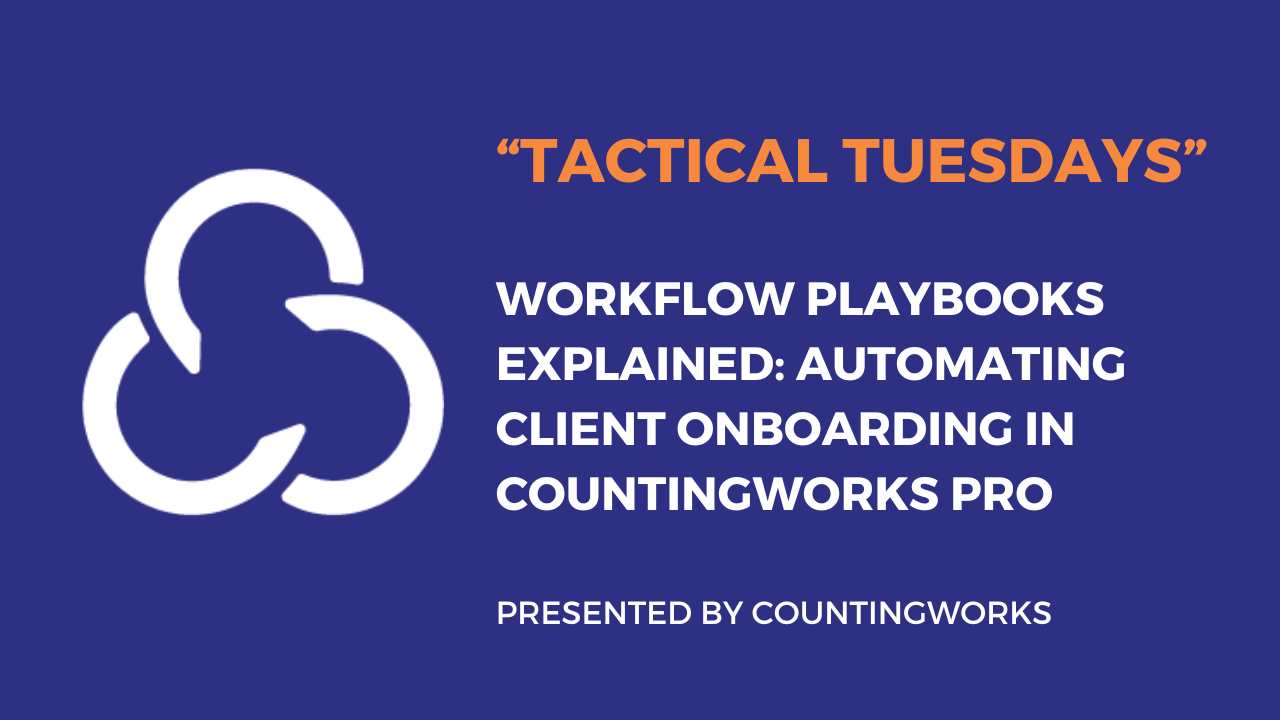
As tax season approaches, it’s a given that tax-related businesses experience a surge in activity. Whether you’re a tax preparer, a CPA at an accounting firm, or a virtual CFO expert, tax season presents a prime opportunity to connect with new customers and grow your practice for the coming year.
But how do you stand out in a competitive market? Digital marketing is the answer.
By using various digital marketing techniques, you can increase your brand’s visibility, generate more leads, and convert more prospects into paying clients during this critical time. In this guide, we’ll explore how to use digital marketing to grow during tax season, giving you the tips you need to compete.
Why Digital Marketing is Crucial During Tax Season
Before we dive in, let’s take a look at why tax season brings a unique set of both challenges and opportunities for tax and accounting experts. As tax season draws near every year, taxpayers and business owners are searching for tax-related services and products, meaning there’s high demand. However, competition can be fierce for tax preparation services and CPA firms.
Digital marketing allows you to cut through the noise and reach your target audience directly when they need your services most. Whether you’re looking to grow your client base of individual taxpayers or promote a new business tax planning service, properly using digital marketing strategies can give you the edge you need.
1. Optimize Your Website for Tax Season Keywords
To kick off your digital marketing efforts, SEO (Search Engine Optimization) is key. Your website should be optimized for tax season-related keywords that potential clients are actively searching for.
Tax Season SEO Tips:
- Target Relevant Keywords: Use tools like Google Keyword Planner to identify high-traffic search terms like “best tax preparation services,” “tax planning for small businesses,” or “how to file taxes online.” Then, use tools like CountingWorks PRO’s Ai Assistant to develop content clusters you can share across the web.
- Update Your Content: Create fresh blog posts or landing pages that speak to the tax season. Focus on topics such as “how to maximize your tax refund” or “tax tips for freelancers.” Landing pages can be connected to social media ads to help generate new, hot leads.
- Improve Local SEO: Optimize your Google Business Profile and ensure your NAP (name, address, phone number) information is consistent across all directories. Local SEO is critical if you're targeting nearby clients searching for services like “tax professionals near me.”
By incorporating these core SEO tactics into your overall digital marketing plan, your site will rank higher in search engine results, driving more organic traffic during this high-demand period.
Related: Learn more about how to crush local search
2. Run Targeted Paid Ads for Tax Services
During tax season, the right PPC (Pay-Per-Click) ads can put your services directly in front of potential customers. Google Ads and social media platforms (remember those landing pages we mentioned?) offer excellent opportunities to target specific audiences who are actively searching for tax-related solutions.
Effective PPC Strategies for Tax Season:
- Bid on Seasonal Keywords: Run ads with tax-related keywords like “tax preparation services,” “best tax software,” or “help with filing taxes.”
- Create Urgency: Tax season has deadlines. Use ad copy that creates a sense of urgency, such as “File your taxes before the deadline – we can help!”
- Remarketing Ads: Don’t let potential clients slip through the cracks. Use remarketing ads to re-engage visitors who have previously visited your website but didn’t convert. This can be highly effective, especially when deadlines are looming.
It is important to note that, while paid advertising can yield results if you are offering specific special deals during tax season, organic growth is the best long-term strategy to attract new clients and reach your firm’s true growth potential.
3. The Power of Social Media
Don’t underestimate the power of social media marketing during tax season. Platforms like Facebook, Instagram, and LinkedIn allow you to engage with your existing audience, build trust, and showcase your expertise.
Social Media Strategies for Tax Season:
- Share Tax Tips: Post engaging content that educates your followers on tax-saving strategies, filing tips, or common tax season mistakes. Infographics and short videos work especially well – don’t be afraid to try Instagram Reels and TikTok videos to reach taxpayers outside of your following!
- Host Live Q&A Sessions: Use platforms like Facebook Live or Instagram Stories to host real-time Q&A sessions, where your audience can ask tax-related questions. This not only builds engagement but establishes you as an expert in your tax niche.
- Promote Limited-Time Offers: If you’re offering a special discount for tax preparation services or tax software, promote it heavily across your social channels to drive conversions. This is also a great way to encourage online referrals via your social channels; ask your clients to share your deal with their friends and family.
By staying active on social media, you can build a community that will stay engaged with your tax practice well beyond the current tax season.
4. Email Marketing During Tax Season
At tax time, email marketing can be an especially effective marketing tool. With personalized and timely emails, you can nurture leads, provide valuable content, and encourage repeat business.
Effective Email Campaigns for Tax Season:
- Send Tax Deadline Reminders: Everyone needs a little nudge to file their taxes on time. Sending personalized reminder emails with important tax deadlines can drive your customers to take action.
- Offer Discounts and Promotions: Entice customers with limited-time offers, such as a discount on tax filing services or a free consultation. Make sure your email subject lines are clear and create urgency, such as “Get 10% Off Tax Prep – Offer Ends Soon!”
- Provide Tax-Related Resources: Share helpful content, like guides or checklists, to make the tax filing process easier. For example, send out a “Small Business Tax Checklist” to your business clients.
Create subscriber lists using a platform like CountingWorks PRO to ensure that each audience receives the most relevant offers and tips, whether they’re individuals, small businesses, or corporations.
5. Publish High-Value Content to Establish Expertise
One of the best ways to grow your business during tax season is by publishing high-value, educational content that demonstrates your expertise. Blogs, guides, webinars, and eBooks can help position your brand as a trusted authority in the industry.
Content Ideas for Tax Season:
- Write How-To Guides: Create in-depth blog posts on tax-related topics such as “How to File Your Taxes as a Freelancer” or “5 Tips for Getting the Biggest Tax Refund.”
- Host Webinars: Offer free webinars or workshops on complex tax topics. This is an excellent opportunity to answer live questions and provide real-time solutions – you can also use these online events to encourage people to book discovery calls with you.
- Create a Tax FAQ Page: Add a comprehensive FAQ page to your website that answers common tax-related questions. The more value you offer, the more likely customers will turn to you for help.
Well-crafted content is also fantastic for SEO, as it gives search engines more reasons to rank your site highly for tax-related queries.

6. Use Influencer Partnerships to Reach a Broader Audience
Influencer marketing isn’t just for fashion and beauty brands. During tax season, partnering with financial influencers or accounting professionals with a strong online following can help you reach a broader audience.
How to Use Influencer Marketing for Tax Season:
- Partner with Finance Influencers: Collaborate with financial bloggers or YouTubers who share tax tips and financial planning advice. They can promote your services to their audience.
- Offer Affiliate Marketing: Create an affiliate or referral program where influencers earn a commission for every client they send your way. This can be especially useful for tax software or online filing services.
Influencer partnerships help you build trust with prospect who are already seeking advice from trusted sources.
Tax season offers a wealth of opportunities for businesses in the financial sector, but without a strong digital marketing strategy, you may miss out on valuable leads and clients. Start planning your digital marketing campaign early to make the most of tax season – and watch your business grow as the refunds roll in.













.svg)